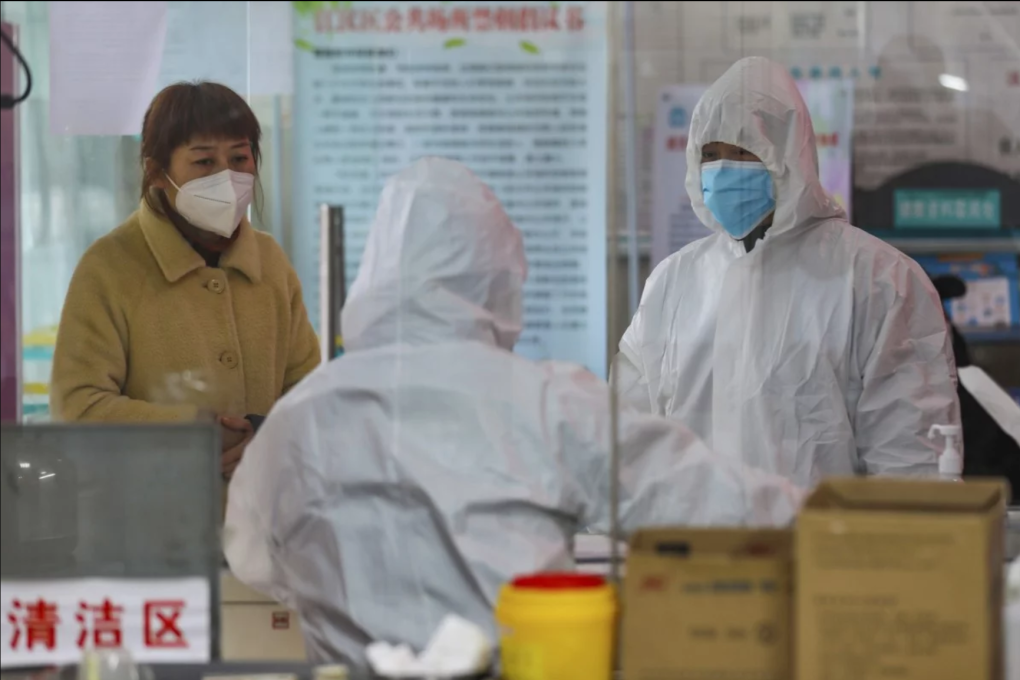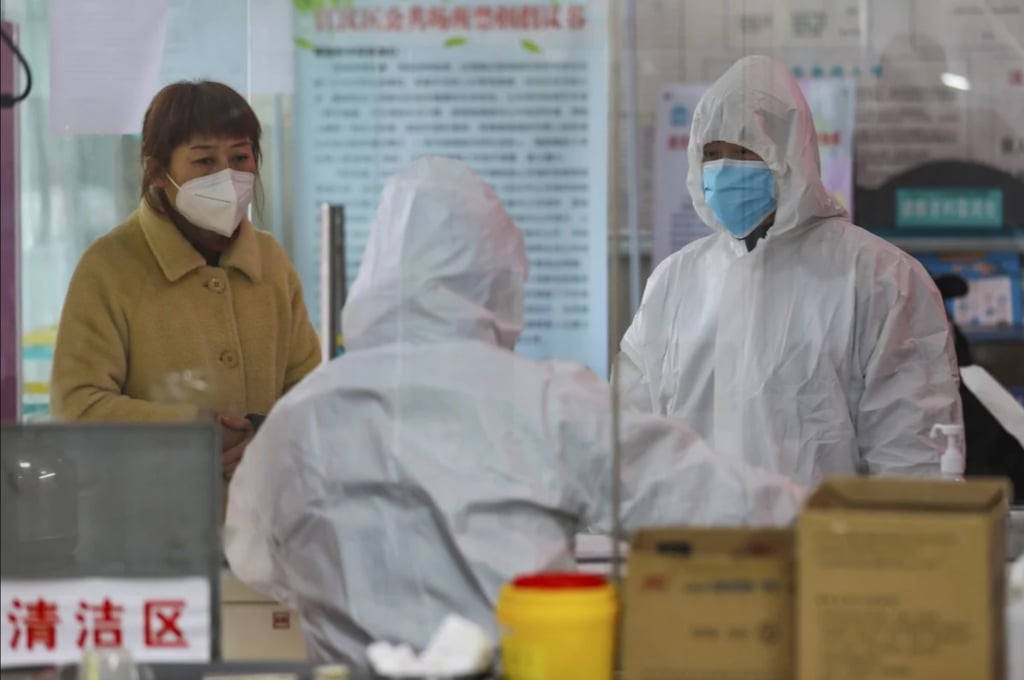Advertisement
Alibaba and Baidu offer AI gene sequencing tools to help fight the China coronavirus outbreak
The two tech giants have been quietly researching genetics for years, which might now be put to good use
Reading Time:2 minutes
Why you can trust SCMP

This article originally appeared on ABACUS
China has seen an outpouring of donations from tech companies in an effort to help stop the spread of the new coronavirus that originated in Wuhan. Now two of the county’s largest tech companies are mobilising their genome research capabilities.
Alibaba Cloud, the cloud division of China’s biggest ecommerce company, announced on Wednesday that it’s offering AI computing capabilities to scientific research institutions for free. The next day, search giant Baidu joined the battle, announcing that it’s making its gene sequencing algorithm available to scientists
(Abacus is a unit of the South China Morning Post, which is owned by Alibaba.)
Advertisement

The secret to stopping the deadly coronavirus is hidden in its genome. Epidemiologists in China are currently racing to develop a vaccine and other treatments for the novel coronavirus, which has already killed at least 170 people and infected thousands.
Advertisement
China’s Centre for Disease Control and Prevention (CDC) said researchers isolated virus strains for vaccine development, according to a report from state media last week. Similar efforts have been going on in Australia, where scientists have recreated the virus and shared the genome sequence.
While Alibaba is best known for its online shopping and payment platforms, the company’s cloud division has been working in genomics research since 2015. The company provides computing power and data analytics to Beijing Genomics Institute (BGI), one of the world’s largest genomics organisations.
Advertisement
Select Voice
Select Speed
1.00x